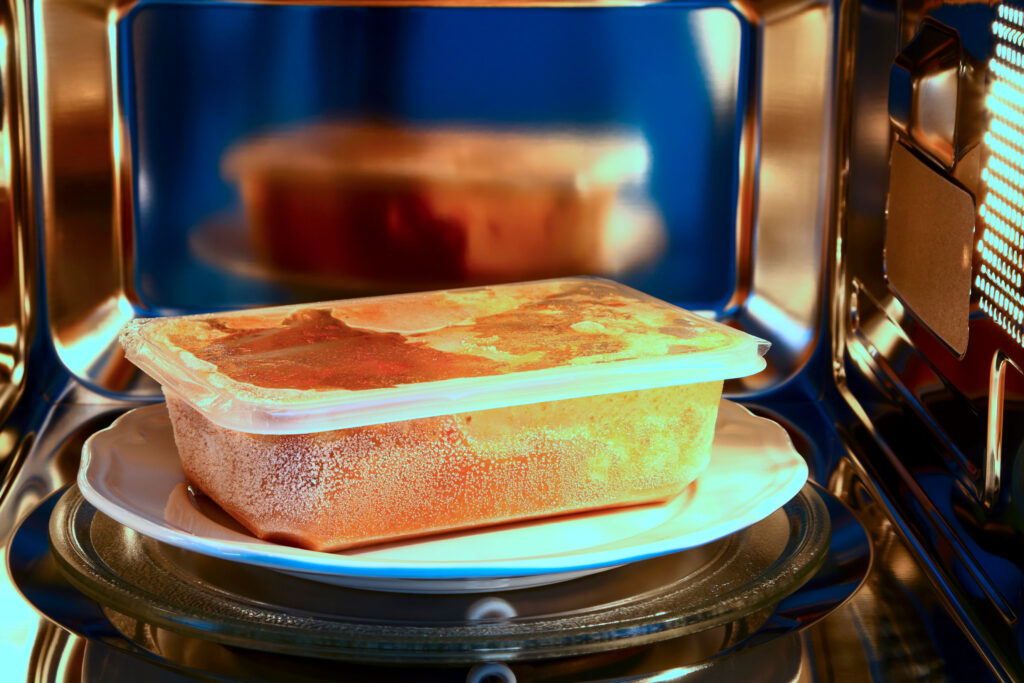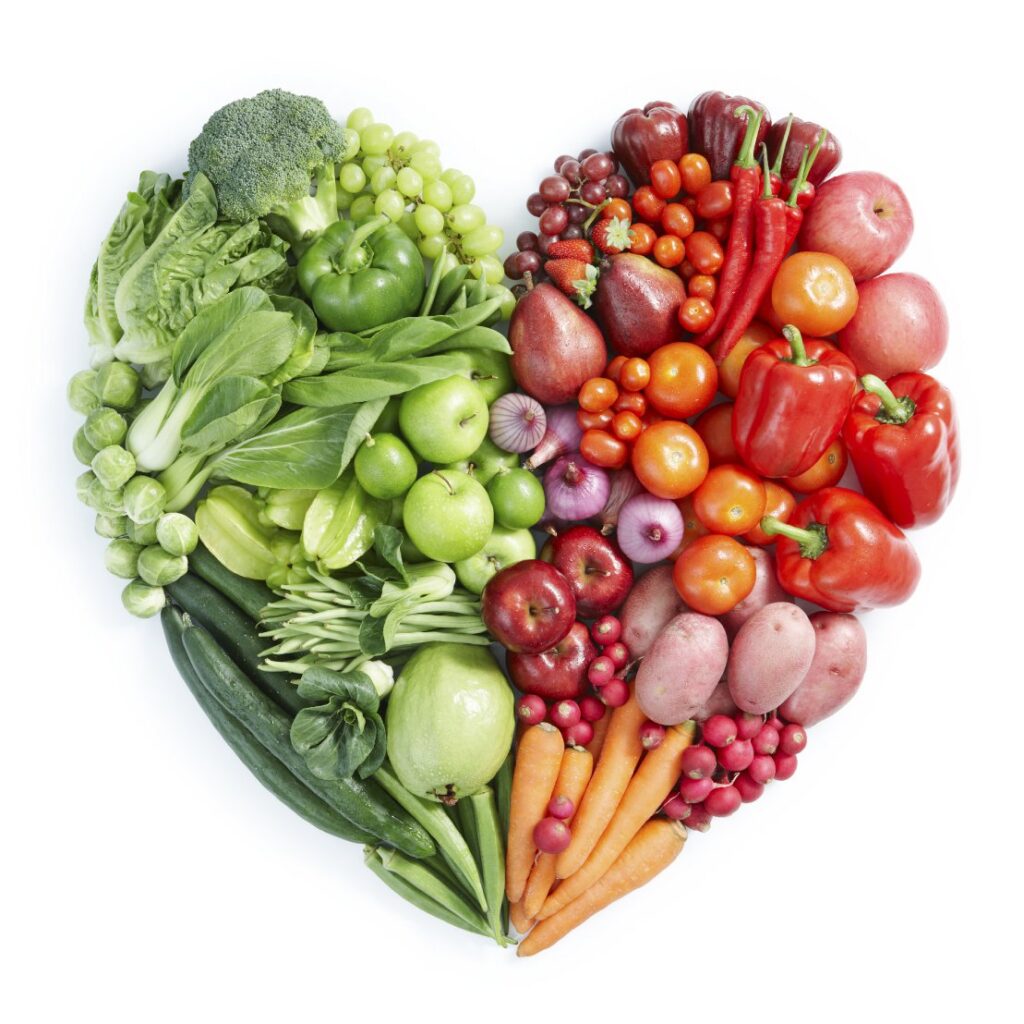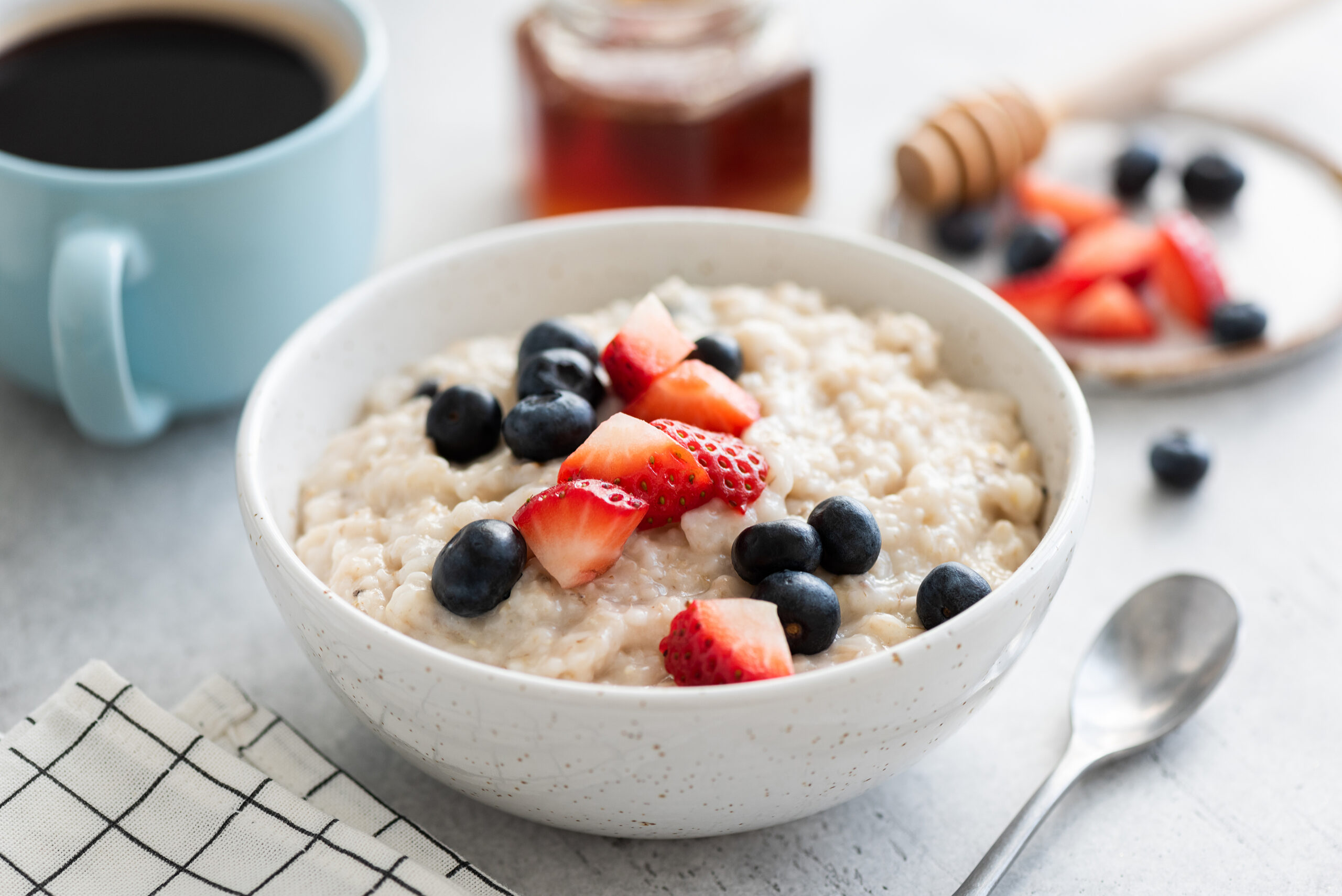
Ultra-processed foods have recently come under the spotlight due to their links with heart disease, high blood pressure, heart attacks and stroke. But what exactly are ultra-processed foods and why are they so bad for us?
The term derives from the NOVA food classification system, which was established by nutrition researchers from the University of São Paulo, Brazil. Under this system, foods are categorised into the following four groups according to how much processing they have undergone:
- Unprocessed or minimally processed foods
- Processed ingredients
- Processed foods
- Ultra-processed foods
Processed versus ultra-processed foods
Unprocessed or minimally processed foods are whole foods which have no added ingredients and have not been altered from their natural state. Examples include fruit and vegetables, pulses, nuts and seeds. Processed foods are made by adding substances such as oil, sugar and salt, which change the food from its natural state. Methods like canning, freezing, pasteurizing, fermenting and drying are all ways in which food is processed.
For more information on pulses take a look at the Real Foods Guide to Pulses.
Ultra-processed foods are defined as “industrial formulations with five or more ingredients.” They tend to contain additives to enhance their flavour and extend their shelf life, such as such as artificial flavours and colours, emulsifiers, sweeteners and thickeners. Think ready meals, fizzy drinks, ice-cream, biscuits, breakfast cereals and instant soups.

Many ready meals would be considered to be ultra-processed.
Why are ultra-processed foods bad for our health?
There is plenty of research highlighting the negative effects of ultra-processed foods, linking them to an
increased risk of death, heart disease and cancer. Experts believe this is due to their high levels of saturated fat, salt and sugar. Ultra-processed foods are also thought to negatively impact gut health, leading to inflammation and disease. There are now calls to restrict the marketing and advertising of these foods and for more research to be conducted into their harmful effects.
How to cut down your intake of ultra-processed foods
Processed foods offer convenience for those of us with busy lives, but there are some simple ways to cut down your intake of them. Start reading the labels of the foods you buy and opt for those with fewer ingredients. Try to incorporate more wholefoods into your diet such as fresh fruit and vegetables, wholegrains, nuts and seeds and pulses. Take a look at our wholefoods page for more information on wholefoods.

Including more fresh fruit and vegetables in your diet, especially organic, is a great way to improve your wholefoods intake.
Simple food swaps:
- Switch from sugary breakfast cereals to porridge with berries.
- Swap fizzy drinks for water flavoured with slices of fruit.
- Ditch bottled salad dressings and make your own vinaigrette with olive oil and vinegar.
- Swap salty snacks for a handful of nuts and seeds.

A simple, healthy and relatively low cost alternative to ultra processed breakfast options and if you’re short on time in the mornings, try overnight oats. Just as tasty as when cooked and ready to eat when you need it without having to use any energy in the process.
Try cooking from scratch as much as possible. Why not make your own ready meals by cooking a veggie chilli or lentil bake and freezing it into portions? For more great ideas for healthy meals take a look at the Recipes section on our website.
The evidence is clear: ultra-processed foods are harmful to our health. But with some simple swaps you can reduce your intake and improve your health for the better.







